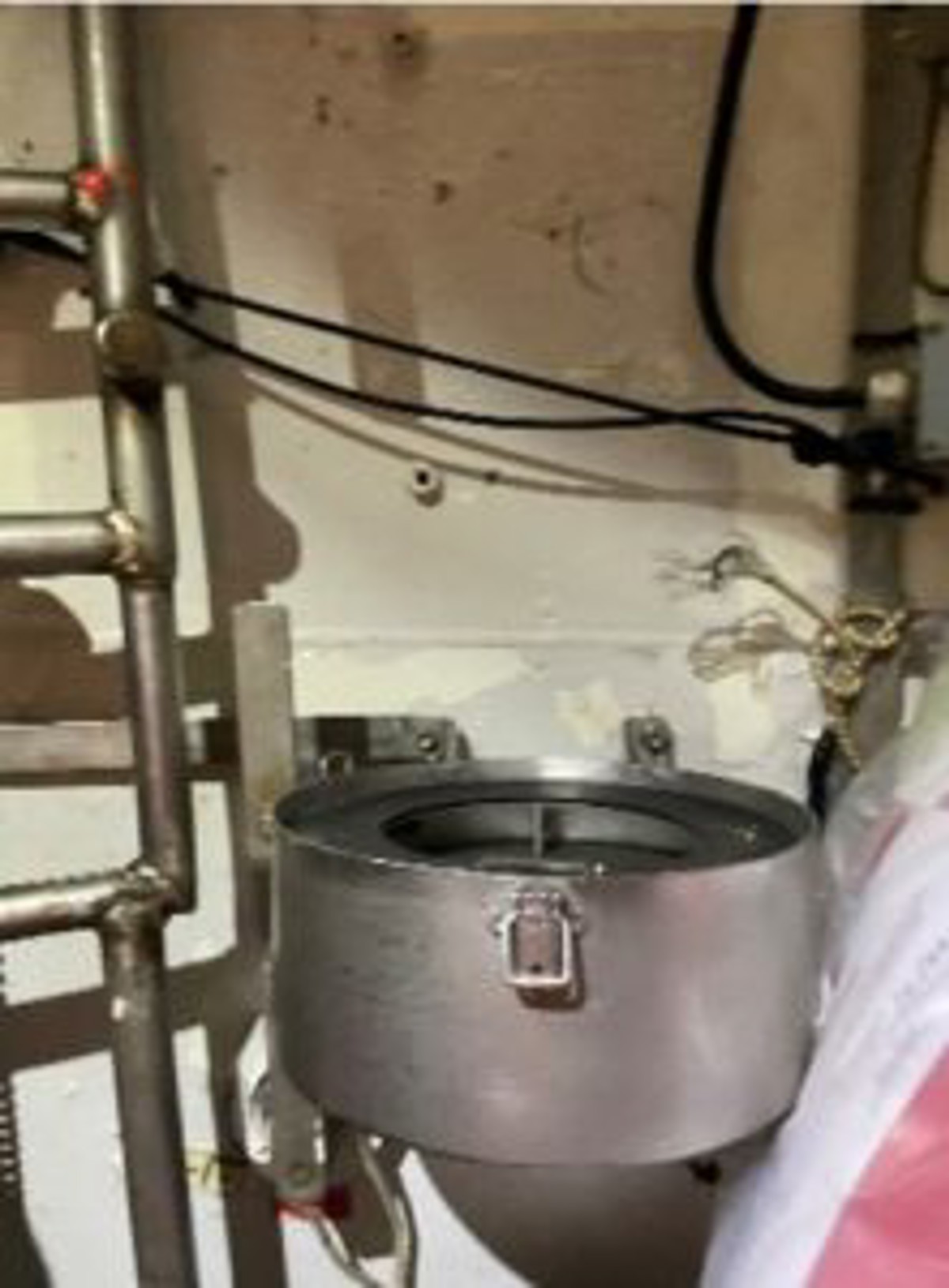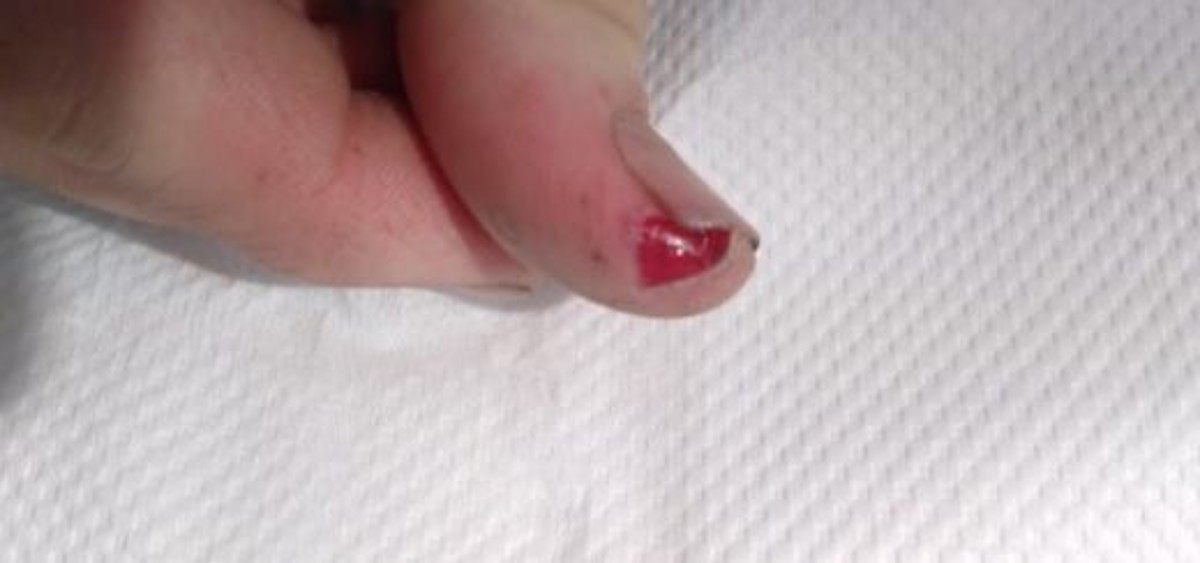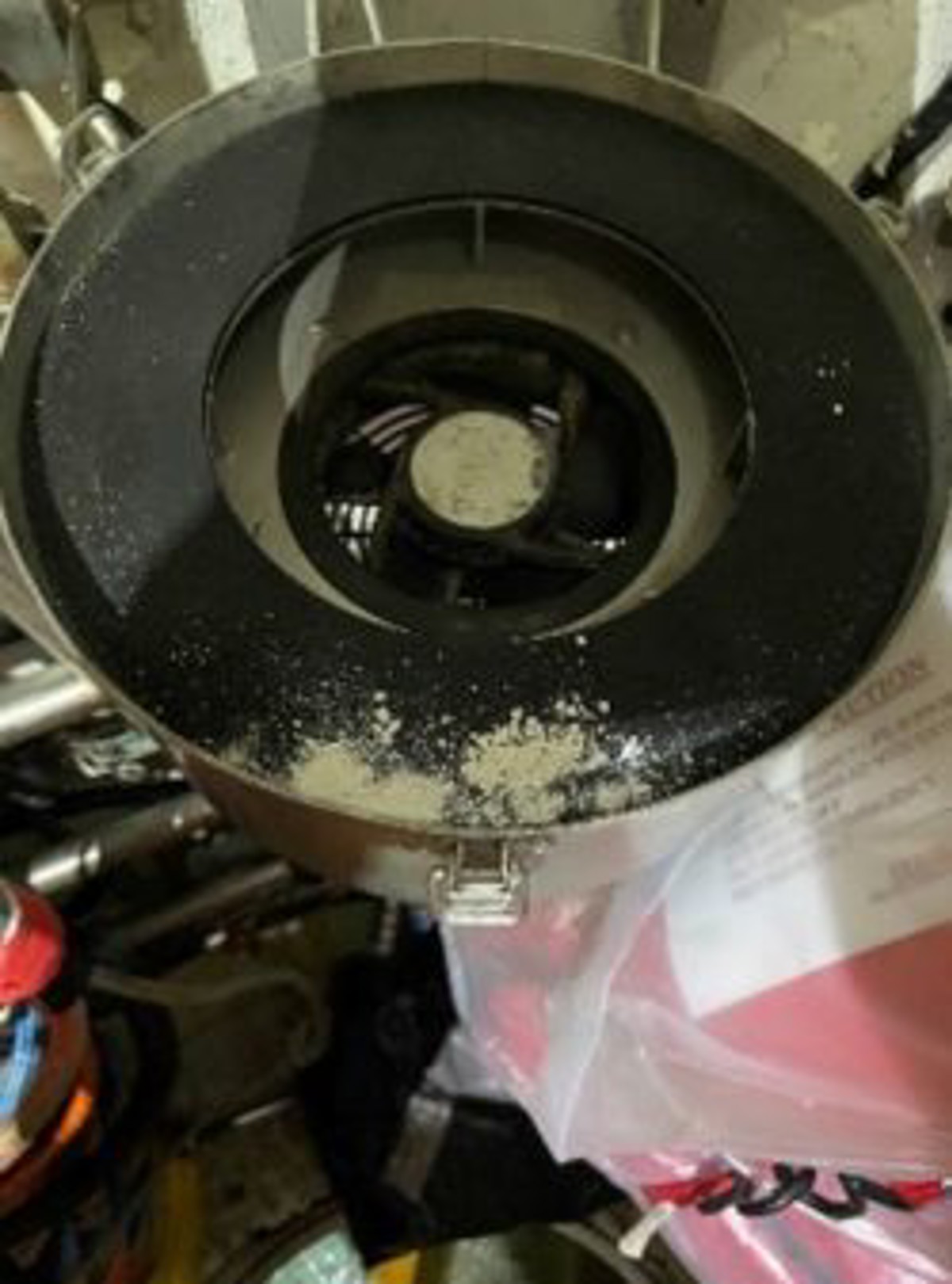Diver Finger Injury – Scrubber Blower Fan
- Safety Flash
- Published on 3 October 2022
- Generated on 28 February 2026
- IMCA SF 22/22
- 2 minute read
Jump to:
A diver suffered a minor hand injury when he put his hand on part of a fan which should not have been exposed.
What happened
The incident occurred on a vessel carrying out mobilization; a diver was in the starboard bell carrying out bell checks. He placed his hand on the soda sorb fan motor housing (scrubber). The fan motor was running to improve air flow through the bell. There was no soda sorb canister attached leaving a small exposure point to the fan which nipped his thumb causing a small injury.
What went wrong?
- Fan not switched off.
- Risk assessment did not include hazard posed by the rotating fan, nor the requirement to switch off the fan when the canister was removed.
What our member did next
- Reviewed equipment design: considered adding a guard (seen as undesirable as this would restrict gas flow) or altering the design to include an automatic cut off (this may fail).
- Updated appropriate company risk assessment to include requirement to switch off the fan when the canister was removed during bell entry.
- Appropriate signs or labels were also considered.
Another solution may be to fit an empty cannister to the fan. This would protect the diver’s fingers from the fan while not wasting any CO2 absorbent.
Related Safety Flashes
-
IMCA SF 26/21
22 September 2021
-
-
IMCA SF 04/21
2 February 2021
-
-
IMCA SF 22/20
24 July 2020
-
IMCA Safety Flashes summarise key safety matters and incidents, allowing lessons to be more easily learnt for the benefit of the entire offshore industry.
The effectiveness of the IMCA Safety Flash system depends on the industry sharing information and so avoiding repeat incidents. Incidents are classified according to IOGP's Life Saving Rules.
All information is anonymised or sanitised, as appropriate, and warnings for graphic content included where possible.
IMCA makes every effort to ensure both the accuracy and reliability of the information shared, but is not be liable for any guidance and/or recommendation and/or statement herein contained.
The information contained in this document does not fulfil or replace any individual's or Member's legal, regulatory or other duties or obligations in respect of their operations. Individuals and Members remain solely responsible for the safe, lawful and proper conduct of their operations.
Share your safety incidents with IMCA online. Sign-up to receive Safety Flashes straight to your email.


